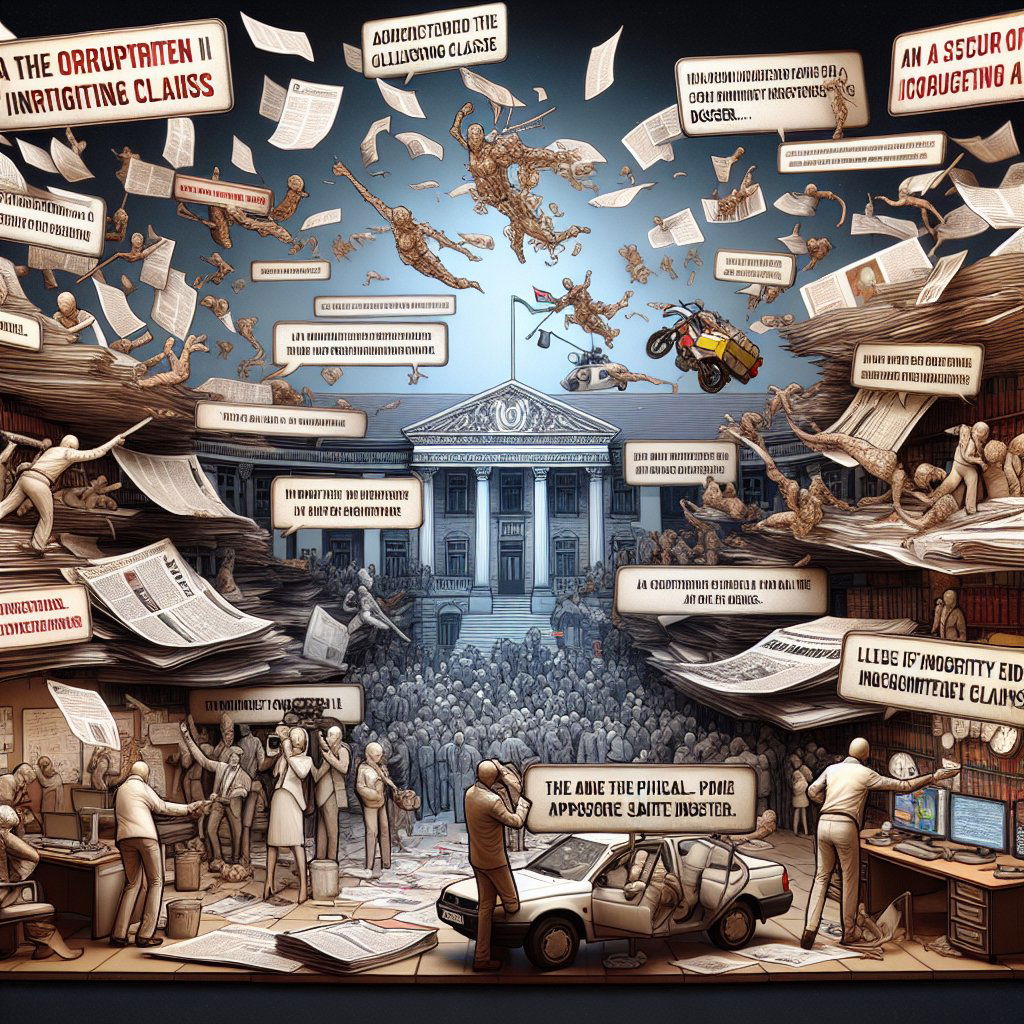Image: AI generated for illustration purposes
SSA Refutes Allegations of Judicial Corruption Linked to Purported Internal Report
In a notable development within South Africa's security sector, the State Security Agency has issued a firm denial regarding its affiliations with a document that alleges corruption among the country's judiciary. This move comes after claims made public by General Bantu Holomisa, the leader of the United Democratic Movement (UDM), concerning a 54-page dossier implicating various judges in corrupt activities. The report in question was attributed to the Agency's former Director General, Ambassador Thembisile Majola.
The document's leakage and circulation on several social media platforms have ignited significant debate and attracted the attention of legal bodies, political figures, and the public eye. The legitimacy of the report's content, rife with serious accusations, has the potential to undermine the international and local standing of South Africa's Judiciary if proven to be authentic and substantive.
Recognizing the gravity of the allegations, the SSA confronted the issue, underlining its non-involvement and unequivocally separating itself from the controversial report. Despite the perturbing nature of the allegations, the SSA has remained steadfast in its rejection of the purported intelligence report, maintaining that the content does not reflect the views or findings of the agency. Moreover, the SSA's current stance does not anticipate any further statements or discussions on the matter, as indicated in their brief but conclusive comment.
The UDM's General Holomisa, however, underscored the significance and apparent thoughtfulness of the document, which includes detailed assertions that have yet to be substantiated or explored in depth. The complexity and potential ramifications of such claims necessitate thorough scrutiny, raising the question of whether there is any truth to the allegations contained within its pages.
Holomisa's concerns further stress the implications this report could have on various legal bodies, including the Judicial Conduct Committee and Legal Aid South Africa. Seeking clarity and resolution, Holomisa has voiced the need for the Committee to engage directly with Majola. This move intends to investigate the origins and validity of the information presented, which threatens to tarnish the judiciary's reputation.
In the interim, the myriad of questions arising from the incident highlights a broader context of transparency, accountability, and the importance of trust in judicial systems. As the matter develops, the nation's focus turns towards how the relevant authorities will address these assertions and whether they will take substantive steps to maintain the integrity of the South African judiciary.
The case of the disputed report is intriguing, but it also sheds light on the intricate relationship between state institutions and the judiciary, further amplifying the demand for rigorous verification and the upholding of ethical standards across all branches of governance.










